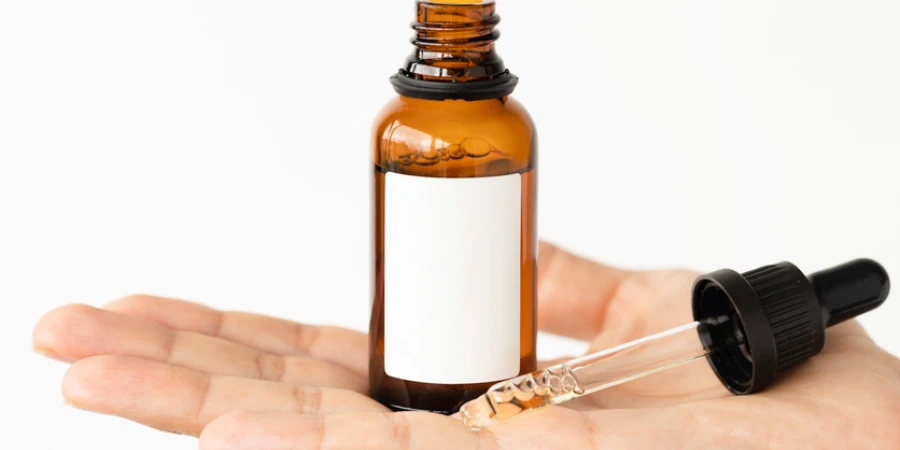Retinol, a derivative of Vitamin A, has long been hailed as a cornerstone in skincare regimens aimed at achieving youthful, radiant skin. But what exactly does retinol do for your skin? This article delves into the science behind retinol, its benefits, potential side effects, and how to incorporate it effectively into your skincare routine.
Table of Contents:
– What is retinol?
– Does retinol work?
– Benefits of retinol
– Side effects of retinol
– How to use retinol
– Top trendy products that contain retinol
Conclusion: Retinol is a powerful ingredient that, when used correctly, can significantly improve the appearance and health of your skin, making it a worthy addition to your skincare arsenal.
What is retinol?

Retinol is a type of retinoid, which is a derivative of Vitamin A. It’s widely recognized for its potent anti-aging and skin-renewing properties. Unlike prescription-strength retinoids like tretinoin, retinol is gentler and available over the counter. It works by promoting rapid cell turnover, which helps to shed dead skin cells and reveal fresher, younger-looking skin underneath.
The mechanism of action of retinol involves its conversion into retinoic acid by the skin. This conversion process allows it to interact with retinoid receptors, which then initiate a cascade of biological processes beneficial for skin health. These processes include the stimulation of collagen production, which is crucial for maintaining skin elasticity and reducing the appearance of fine lines and wrinkles.
Retinol’s effectiveness is not just limited to its anti-aging benefits. It also plays a significant role in improving skin texture, reducing hyperpigmentation, and managing acne by unclogging pores and preventing future breakouts. This multifaceted approach to skin improvement makes retinol a versatile ingredient suitable for various skin concerns.
Does retinol work?
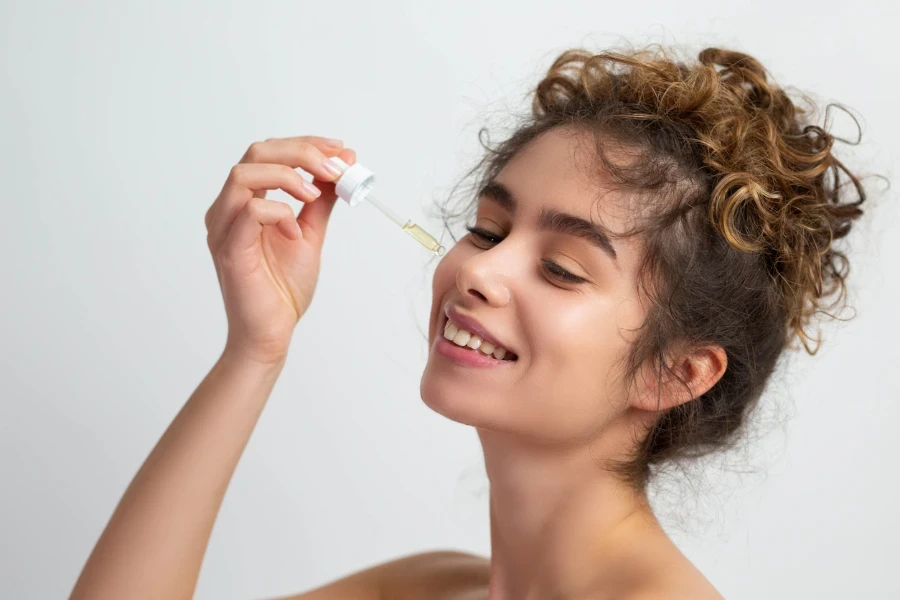
The efficacy of retinol in skincare is well-documented through numerous scientific studies. Its ability to penetrate deep into the skin and initiate cellular repair and renewal processes from within makes it a powerful tool for combating signs of aging and improving skin health. Regular use of retinol has been shown to significantly reduce the appearance of fine lines, wrinkles, and age spots.
Retinol’s effectiveness is also evident in its ability to improve skin texture and tone. By promoting cell turnover, it helps to even out skin discolorations and reduce the visibility of scars and blemishes. Furthermore, its role in regulating oil production and minimizing pore size contributes to a clearer, more refined complexion.
However, the results from retinol are not instantaneous. It typically takes several weeks of consistent use to see noticeable improvements in skin appearance and texture. The gradual nature of these changes is due to the time it takes for skin cells to renew and for the increased collagen production to take effect.
Benefits of retinol
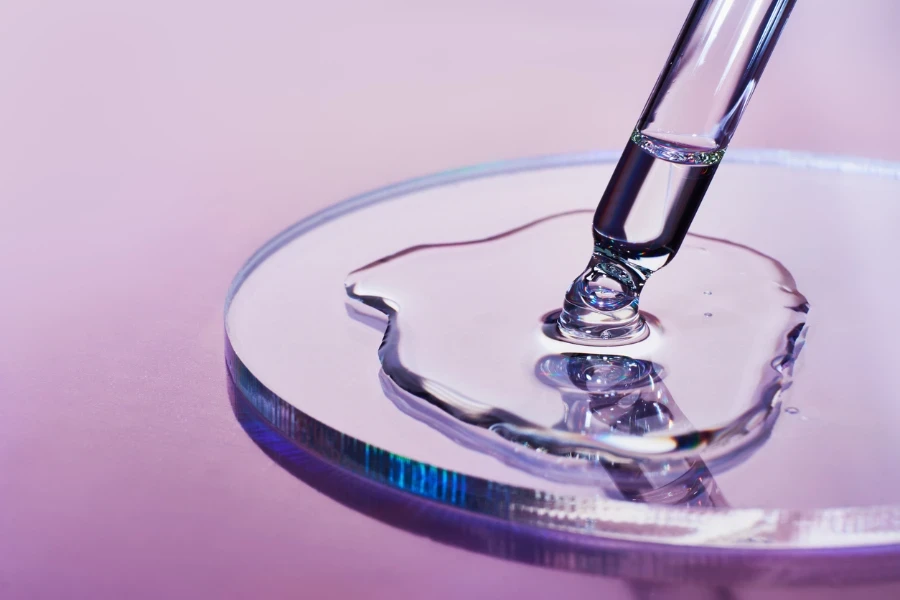
Retinol boasts a plethora of benefits that cater to a wide range of skin concerns. Its foremost advantage is its anti-aging capability. By stimulating collagen production, retinol helps to firm the skin, reduce the appearance of fine lines and wrinkles, and enhance skin elasticity. This results in a more youthful, vibrant complexion.
Another significant benefit of retinol is its ability to combat acne and improve skin clarity. It works by unclogging pores, reducing the size of existing pimples, and preventing future breakouts. Additionally, retinol’s exfoliating action helps to fade acne scars and marks, leading to smoother, clearer skin.
Retinol is also effective in addressing hyperpigmentation and uneven skin tone. It accelerates cell turnover, which helps to fade dark spots and melasma, resulting in a more even complexion. This makes retinol an excellent choice for those looking to improve their skin’s overall radiance and texture.
Side effects of retinol
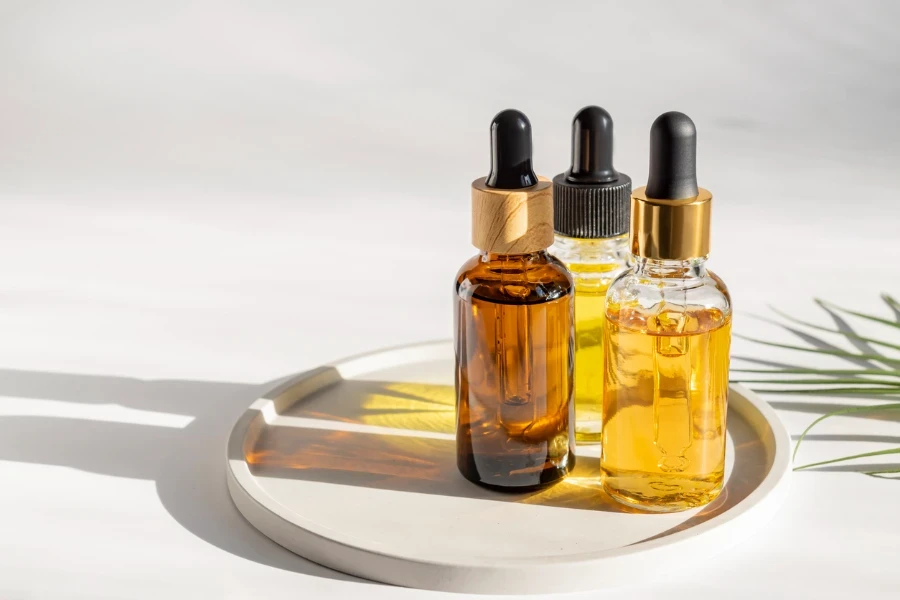
While retinol is beneficial for the skin, it can also cause side effects, especially during the initial stages of use. Common side effects include dryness, redness, irritation, and peeling. These reactions are typically a result of the skin adjusting to retinol and often subside as the skin becomes more accustomed to the ingredient.
To minimize the risk of side effects, it’s essential to start with a low concentration of retinol and gradually increase the strength as your skin builds tolerance. Additionally, applying retinol only at night and using a moisturizer can help mitigate dryness and irritation.
It’s also important to note that retinol can make the skin more sensitive to sunlight. Therefore, wearing a broad-spectrum sunscreen during the day is crucial to protect the skin from UV damage and prevent the reversal of retinol’s benefits.
How to use retinol
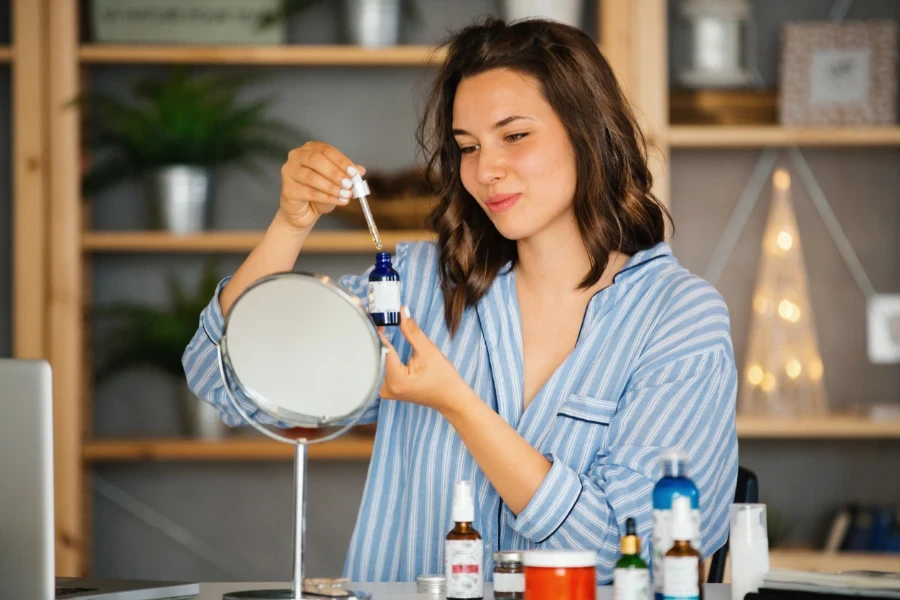
Incorporating retinol into your skincare routine requires a cautious approach to maximize its benefits while minimizing potential side effects. Start by applying a pea-sized amount of retinol product to clean, dry skin two to three times a week at night. Gradually increase the frequency of application as your skin builds tolerance.
It’s also advisable to layer retinol with a moisturizer to help soothe and hydrate the skin. Avoid using retinol with other potent ingredients like vitamin C, benzoyl peroxide, or AHAs/BHAs, as this can increase irritation.
Lastly, patience is key when using retinol. It can take several weeks to months to see visible improvements, so it’s important to be consistent and give your skin time to adjust and reap the benefits of this powerful ingredient.
Top trendy products that contain retinol
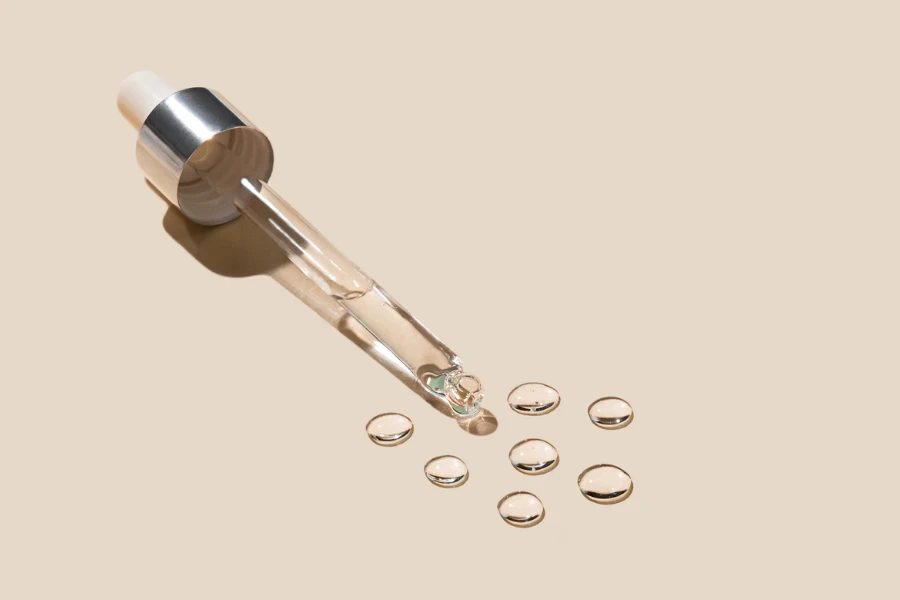
While specific brands are not highlighted, there are numerous retinol-containing products on the market that cater to various skin types and concerns. These include serums, creams, and oils formulated with different concentrations of retinol to suit beginners and experienced users alike.
When choosing a retinol product, consider your skin type, concerns, and tolerance level. For beginners, products with lower retinol concentrations are recommended, while those with more resilient skin may opt for higher-strength formulations for enhanced benefits.
Conclusion: Retinol is a potent skincare ingredient that offers a wide range of benefits for the skin, from anti-aging and acne-fighting to improving texture and tone. While it may cause side effects initially, these can be managed with careful usage and patience. With consistent use, retinol can significantly enhance the health and appearance of your skin, making it a valuable addition to your skincare routine.
